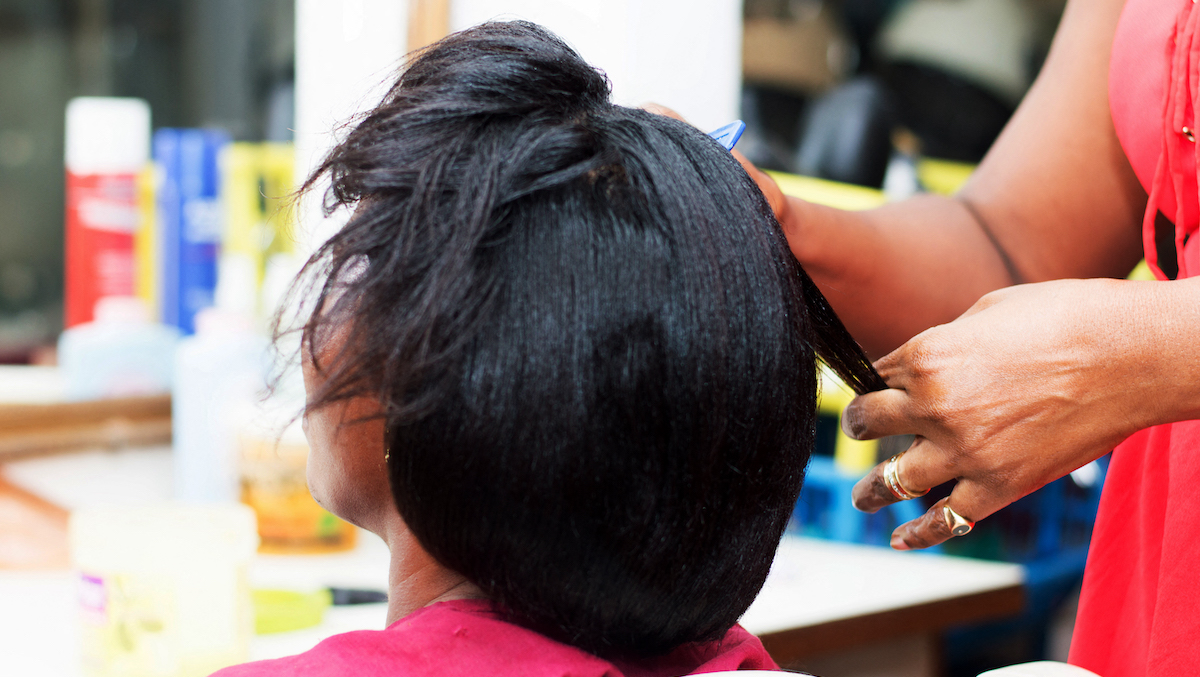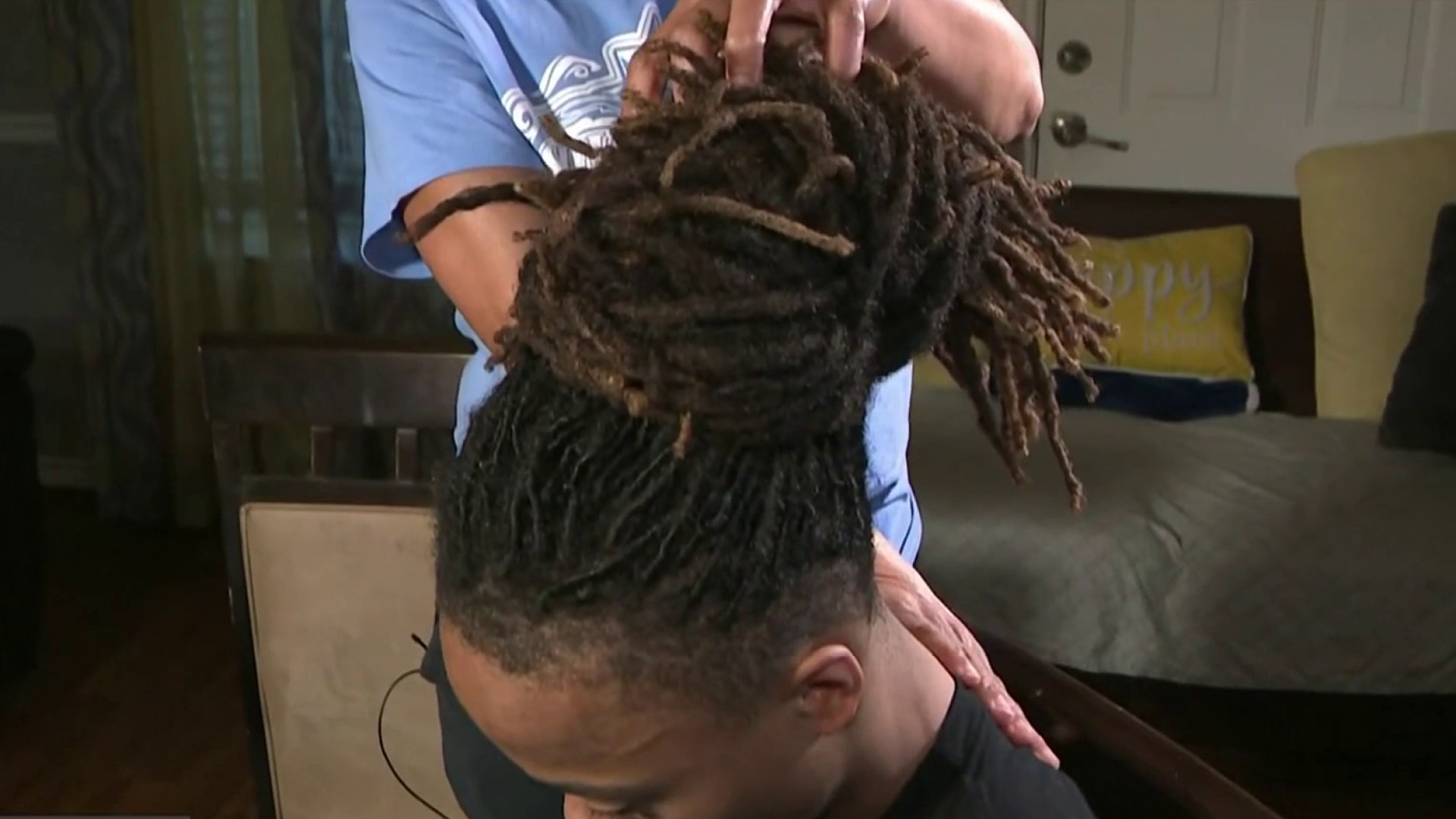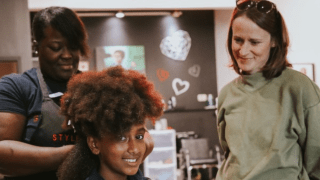
Black hair is more than just hair.
“We express ourselves through our hair,” stylist Tamekia Swint tells TODAY.com. “It is deeply entrenched in our culture and in our history. And it connects us to one and another. Our hair is a huge part of our identity."
For some transracial adoptive parents, however, Black hair can be a source of anxiety.
That's why in 2011, Swint founded Styles 4 Kidz, a non-profit salon in Illinois that focuses on textured hair education for transracial adoptive parents and their children. Swint offers a range of services including cornrows, braids and twists, as well as one-on-one training sessions, online courses and workshops.
Feeling out of the loop? We'll catch you up on the Chicago news you need to know. Sign up for the weekly Chicago Catch-Up newsletter here.
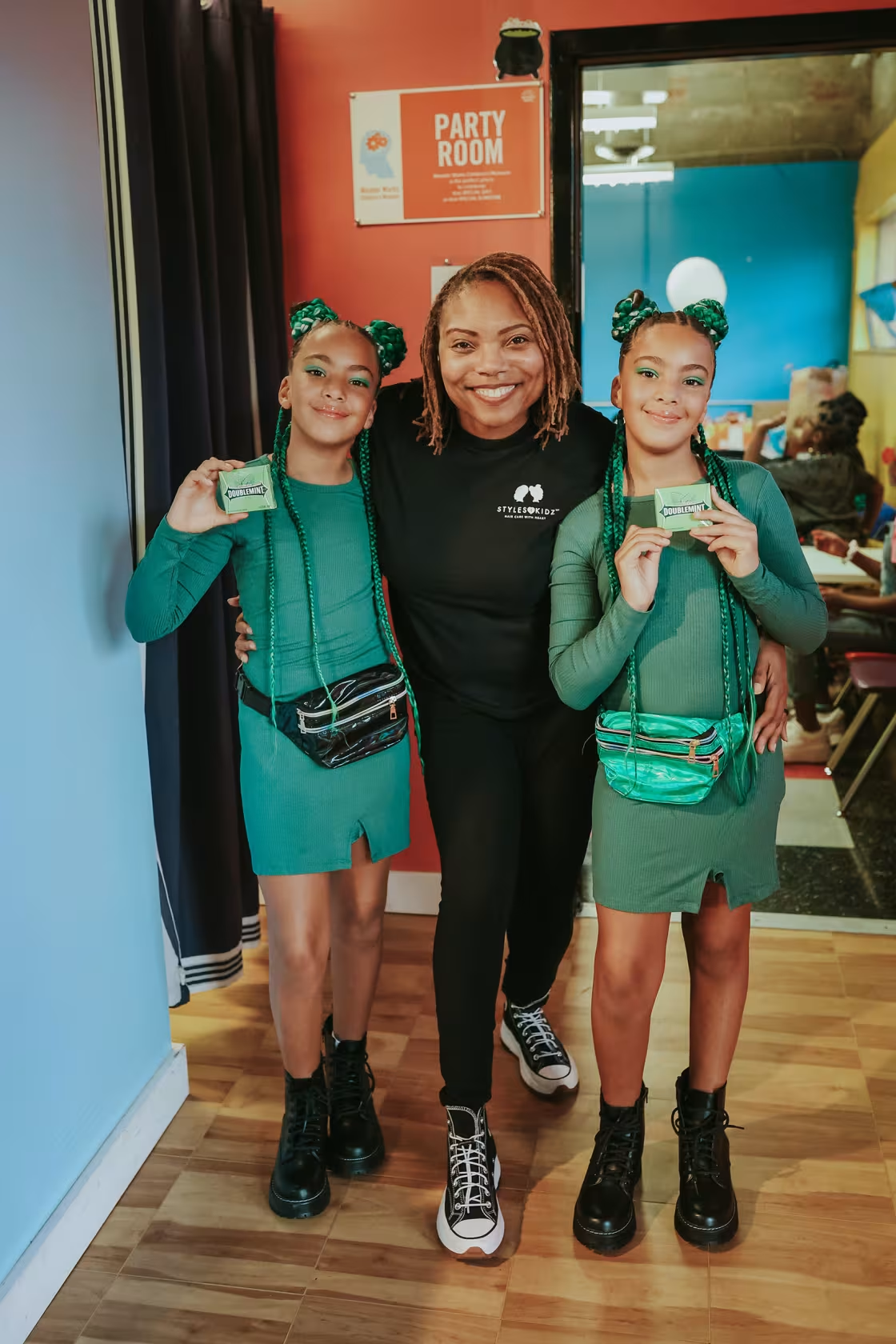
Swint found her calling thanks to a chance introduction to a woman named Mary.
“A Black mom in my local church knew I liked doing hair and she was like, ‘My friend Mary needs your help,’” Swint recalls.
When Swint first met Mary, a white mom who had two adopted Black daughters, she says she nearly “burst into tears" at the state of the girls' hair, which was dry and badly entangled.
“I didn’t want to cry because I didn’t want Mary to feel bad, but it was awful,” Swint says. “At that point, I had no idea this was a national problem.”
Mary and her daughters became Swint’s first clients.
“You should have seen their faces when they looked in the mirror after I was finished. It completely transformed not only how they looked, but how they felt about themselves,” Swint says. “And that’s how Styles 4 Kidz started. I realized this was a much bigger problem."
Swint says many parents come in while they're in the process of adopting.
“By the time they have their child, they know all about the products and how to use them. They’re going into the situation fully prepared,” Swint explains. “What we’re doing is preventing experiences like the one Mary and her daughters had.”
Rosalinda Christmon and her daughter, Mia, now 18, are former Styles 4 Kidz clients.
“My husband saw a Caucasian woman at our local pool. He came home and said, ‘She had African American daughters and their hair was braided so beautifully,’” Christmon tells TODAY.com “Then he goes, 'I need to find out who she uses'.”
The woman at the pool was Mary. Mary happily connected the Christmons with Swint — and in the knick of time.
“Mia was 6 or 7, and I had been struggling a lot with her hair,” Christmon says. “She’d cry when we would try to comb it.”
Christmon notes that she is “forever grateful” for the education she received in Swint’s salon. She believes hair training should be mandatory for adoptive parents.
“It’s just as important as finding the right pediatrician,” Christmon says.
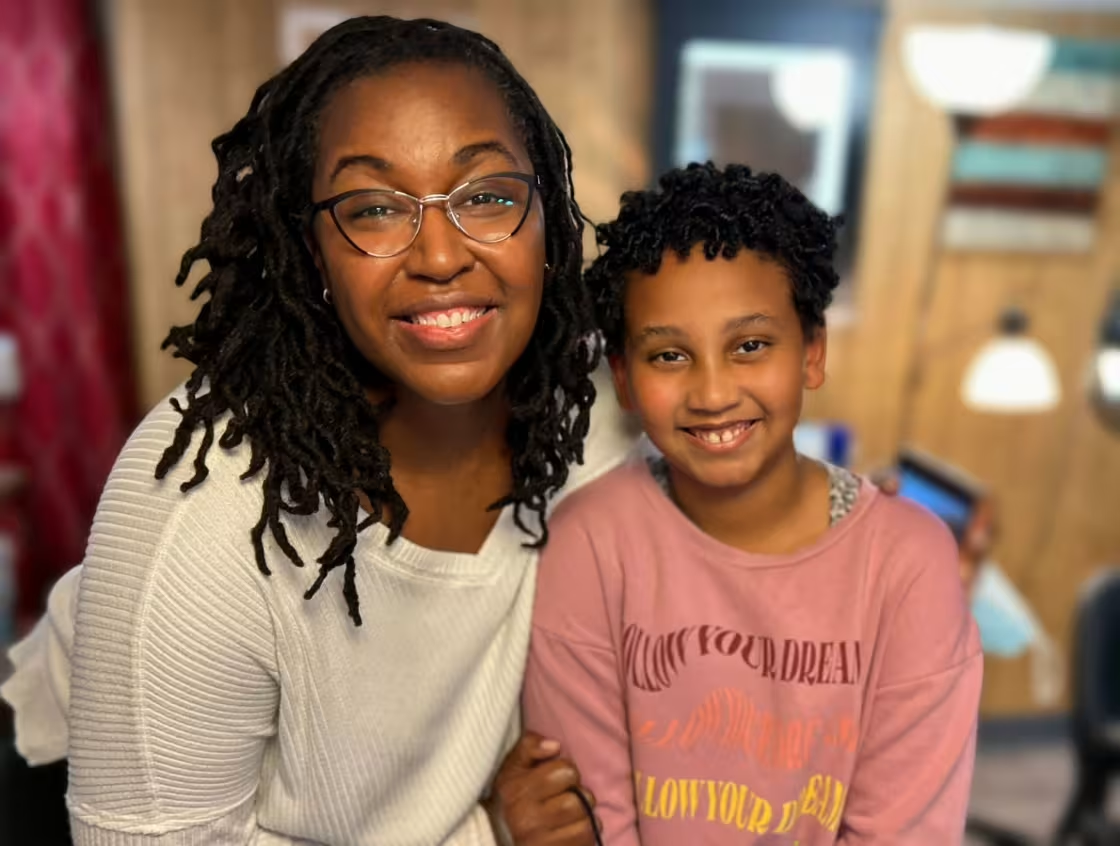
Tamiah Bridgett-Alexander couldn’t agree more. Bridgett-Alexander, who specializes in natural hair, hosts Black hair classes for foster parents and families in Pittsburgh, Pennsylvania. One of the organizations she works with is the Foster the Love Project.
“I caution all parents, but especially transracial adoptive parents, from putting in extensions too early. Same with straightening, because it’s teaching the child that their natural texture is inherently unacceptable,” Bridgett-Alexander tells TODAY.com. “Having white hair was the standard of beauty for too long.”
Using positive language is just as important as choosing the right style products, according to Bridgett-Alexander.
“Black hair can be seen as a burden. You want to avoid sighing and saying things like, 'This is going to take hours,’” she explains. “You want these kids to have a good experience when they’re getting their hair done. Make it bonding time. Let’s disrupt the generational trauma of our hair being a burden.”
Transracial adoptee Angela Tucker previously told TODAY she she believes all adoptive parents should outsource when they can.
“Understand that there are some things as a white person that you cannot teach your Black kid,” Tucker said. "Think of it like piano lessons. If your mom doesn’t play piano, then she’ll find a piano teacher for you. And there’s no shame in that.”
This story first appeared on TODAY.com. More from TODAY:

